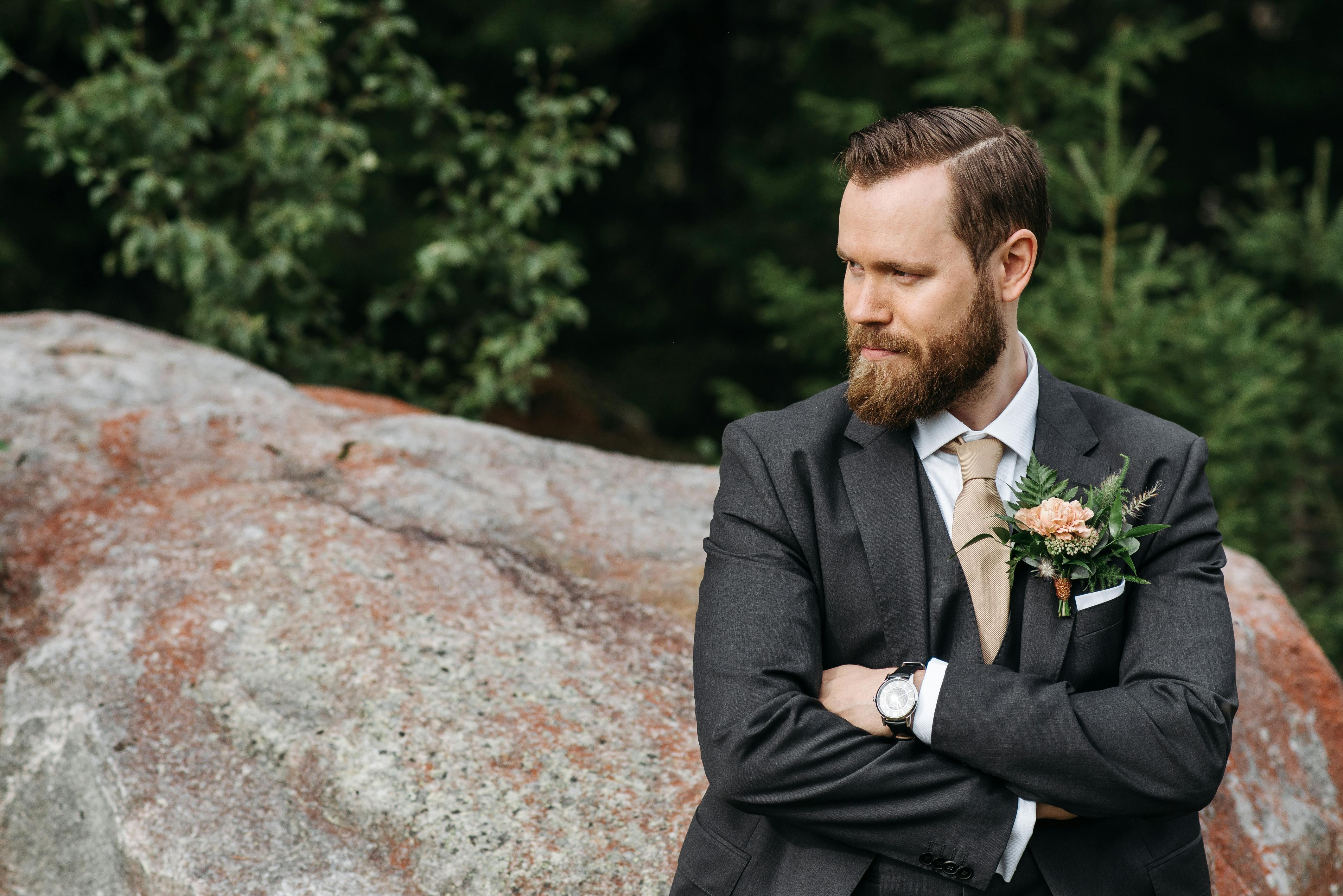It is not uncommon for death to occur and surviving family and friends not to have the opportunity to say goodbye to the deceased loved one. Fatal car accidents and heart attacks, hurricanes, murders, and many other unexpected events are the catalysts for much deeply felt anxiety and grievance.
Many survivors feel guilty when, in fact, there is clearly no external cause for the guilt. They did nothing wrong. However, unexpected death often overrides our ability to see that we did not create the circumstances to cause the emotion that is experienced.
Sometimes dying people choose to die when their loved ones are not around to spare them additional pain. Also, it is not uncommon for a person to die in a hospital or hospice when a family member rushes there. All the pain from these events is maximized by the thought of not being with the person at the end.
So what can be done to reduce emotional pain and provide support in the face of deep sadness? Plenty. One or more of the following may be helpful.
● Say goodbye in a private setting. I often tell those mourning the death of a loved one that there is nothing wrong with talking to the person who has died. It’s a successful coping response used by millions of people and a meaningful way to say goodbye. Find a quiet room in your home, place a picture or other symbol of the loved one in front of you, and say what you need to say. Explain why you weren’t there, why you’re sorry, and that your love will always be with the person. If you believe in an afterlife, ask the person to send you a sign that they’ve heard you and that they’re okay.
● Be sure to go to the funeral and the viewing of the body. The funeral is traditionally the time and place where the deceased person is said goodbye.
(something that all children should be told). It can especially be your informal opportunity to say goodbye. If you cannot make it to the scheduled service time or presentation, find someone to come with you at another time when you can see the deceased.
It is very important for you, especially on an unconscious level, to have seen the person who died.
● Write your goodbyes in your journal or in a letter. Writing down thoughts and descriptions of feelings can provide a deep emotional and physical release. Write as if you are speaking directly to your loved one and be specific. Put an I love you, and that you will never forget the person. When you’re overwhelmed by thoughts of not saying goodbye, reread what you’ve written. You may also want to add something else to your writing at this point.
● Write or paste messages for the loved one on a helium-filled biodegradable balloon for release. This can be a wonderful opportunity for a farewell ritual as you watch the balloon ascend into the sky. It will give you a planned opportunity to think about your loved one if you are alone or talk about your loved one’s memories if it is a group or family ritual.
Make sure you buy a biodegradable balloon as others are very harmful to wildlife and the environment.
● Learn to refocus your attention and thoughts. When guilt and anxiety arise over the unwanted event of not being able to say goodbye, an important survival skill is to immediately refocus your attention. First, believe that the loved one understands his inability to say goodbye and would not hold a grudge. Then turn your attention to a pleasant memory of the deceased or visualize them forgiving you. Change what is happening at the moment. This technique takes practice, but it is a powerful coping response to develop and can be used to deal with many other unwanted thoughts.
These approaches to coping with not being able to say goodbye have a common goal: acceptance of one of the sad events often associated with the death of a loved one. Ultimately, each person has the ability to say a belated goodbye, let go of anxiety, recognize that separations without goodbye happen often, and get on the path of reinvesting in life.




